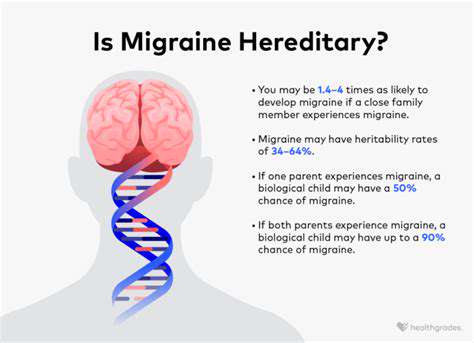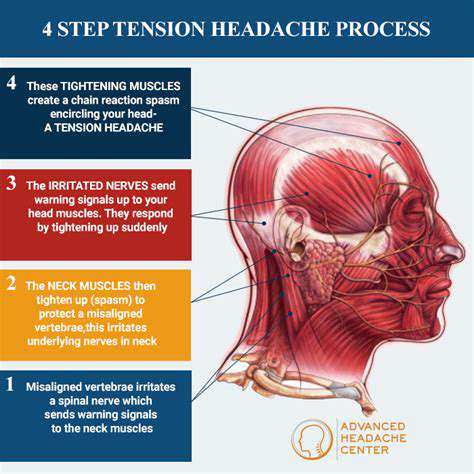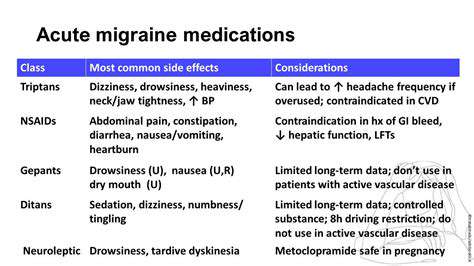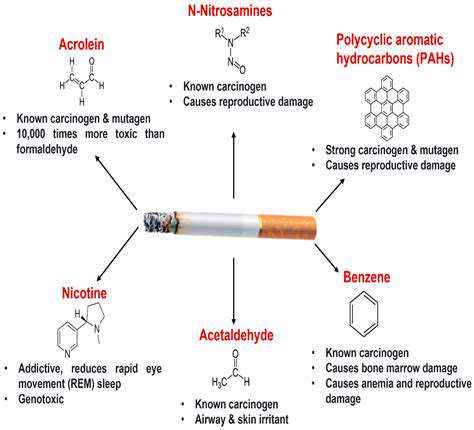empty_div
no_meaningful_content
HTML
CSS
هل آلام رأسك وراثية؟ استكشاف الرابطة العائلية
استكشاف الروابط الجينية بأنواع الصداع الأخرى

الاستعداد الجيني للصداع
في حين أن الصداع النصفي غالبًا ما يكون محور البحث الجيني المتعلق
Read more about هل آلام رأسك وراثية؟ استكشاف الرابطة العائلية
ألم في الرأس على الجانب الأيسر عند الانحناء: فهم الأعراض
May 01, 2025
آلام الرأس السفلي وعلوي الرقبة: الأسباب و خيارات العلاج
May 01, 2025
وقت الشاشة والتعب البصري الرقمي: هل هما من عوامل الصداع الحديثة؟
May 06, 2025
هل يمكن للطقس حقًا أن يسبب الصداع؟ استكشاف الأدلة
May 19, 2025
تمكين نفسك: كن خبيرًا في صداعك النصفي الخاص بك
Jun 01, 2025
فوائد الريبوفلافين (فيتامين ب2) في الوقاية من الصداع النصفي
Jul 09, 2025
تأثير التدخين والتدخين الإلكتروني على تكرار الصداع
Jul 14, 2025
التعزيز من خلال المعرفة: السيطرة على الصداع النصفي لديك
Jul 16, 2025
كيف يمكن للعلاج بالحيوانات أن يساعد في تقليل التوتر لدى المصابين بالصداع النصفي؟
Jul 23, 2025











